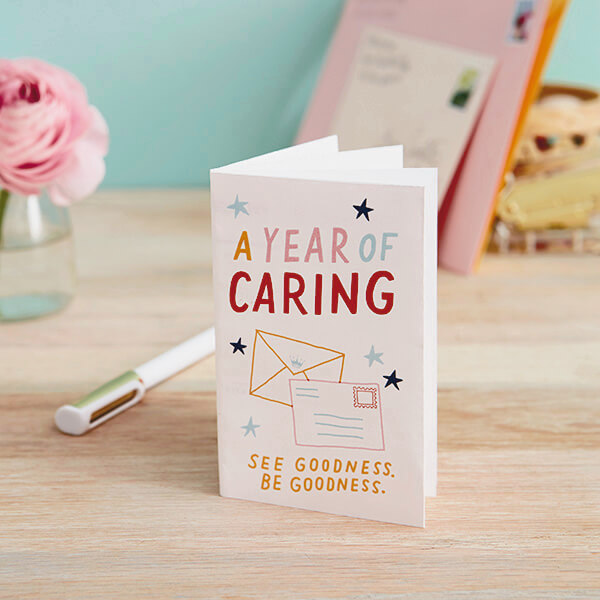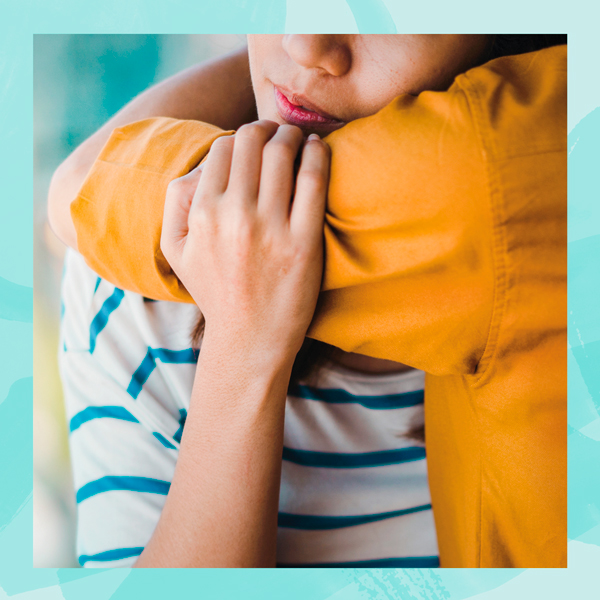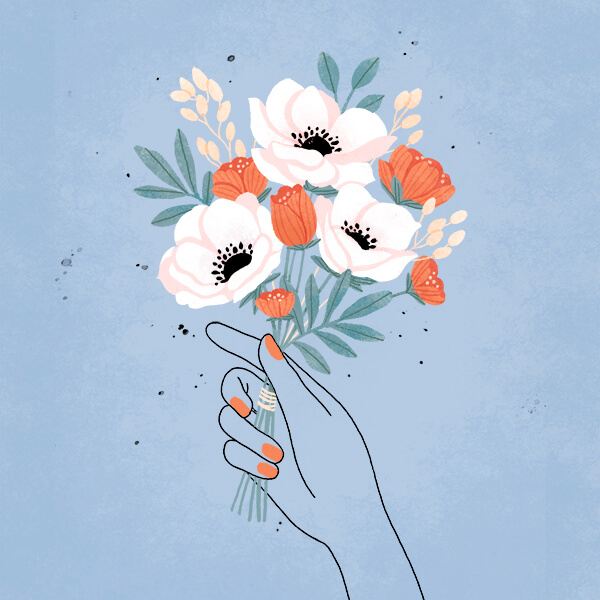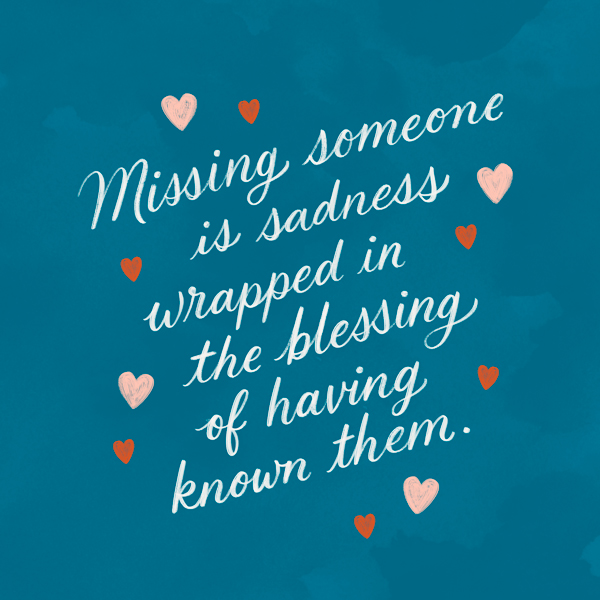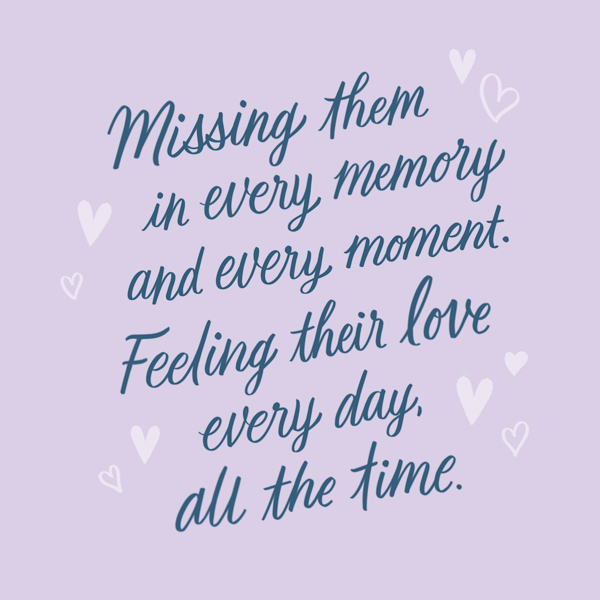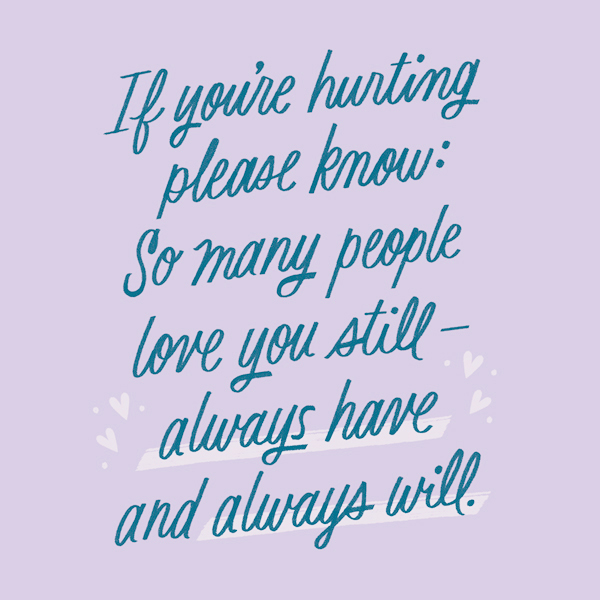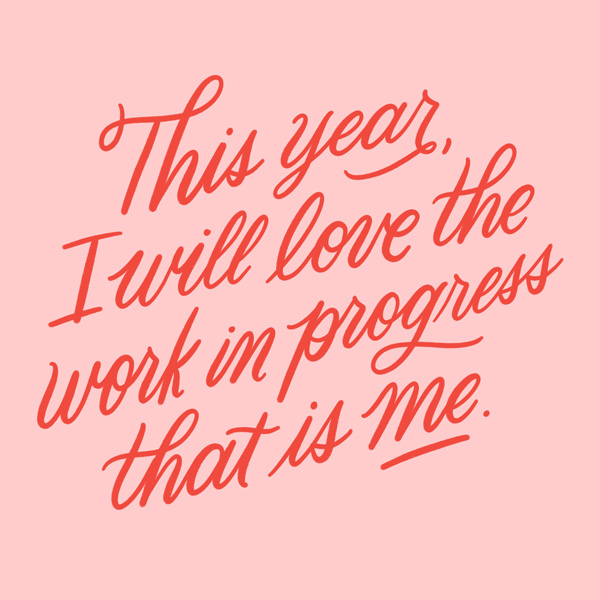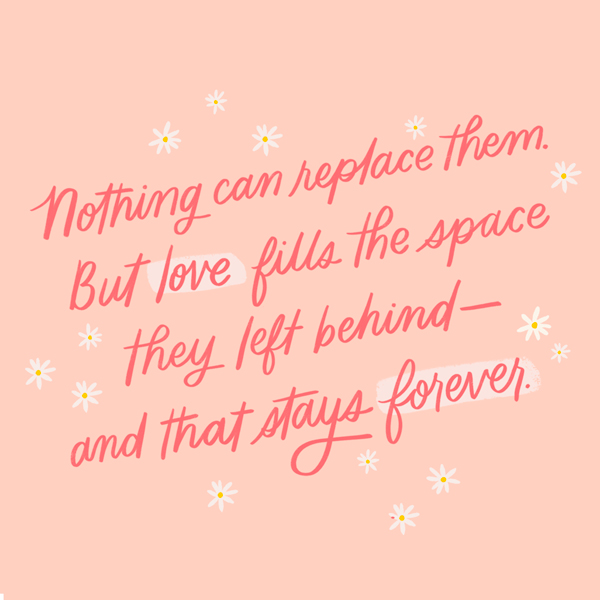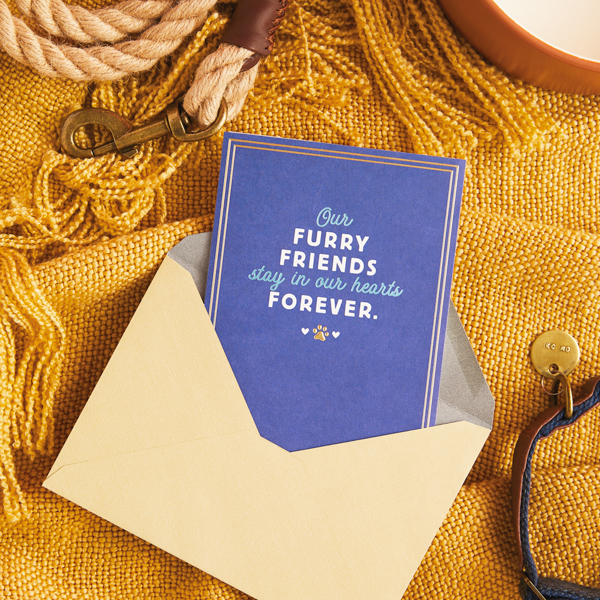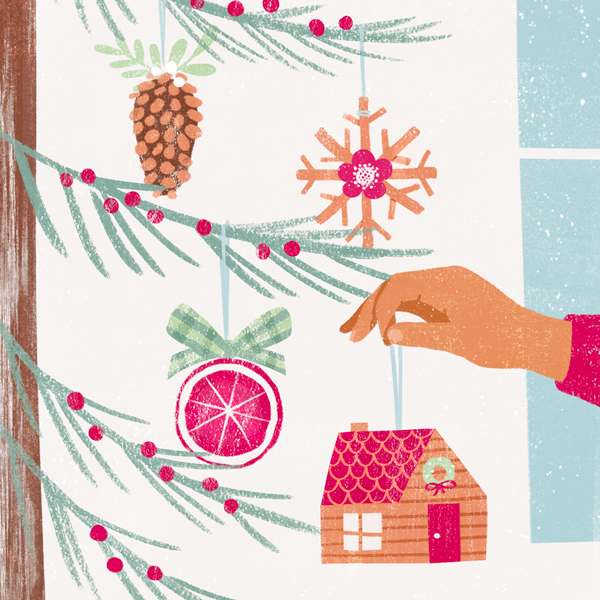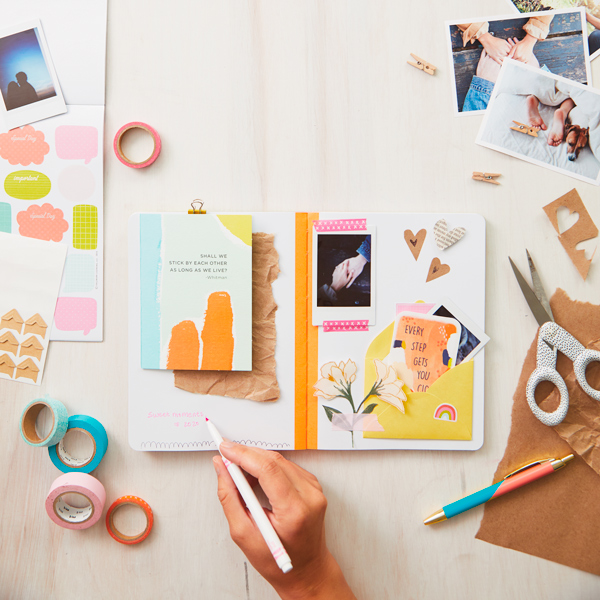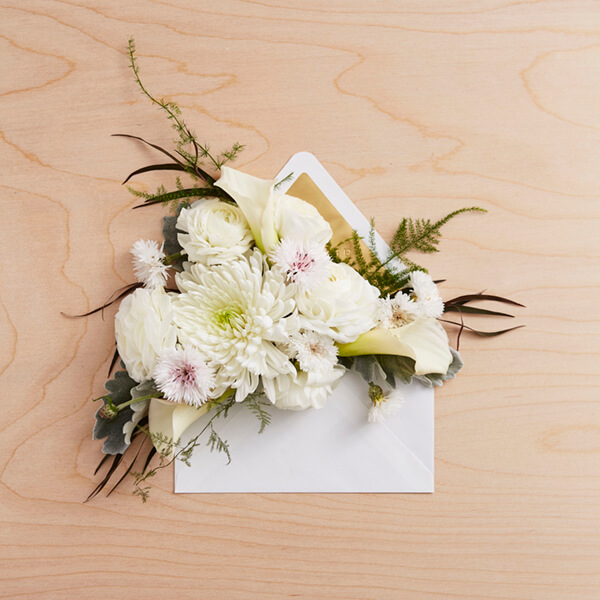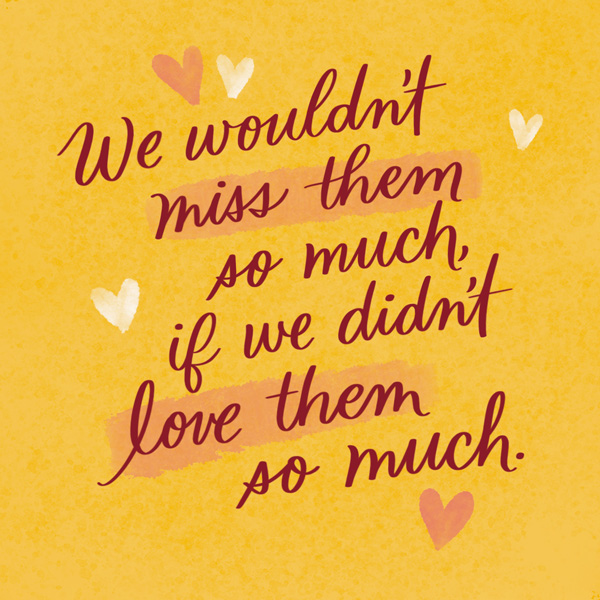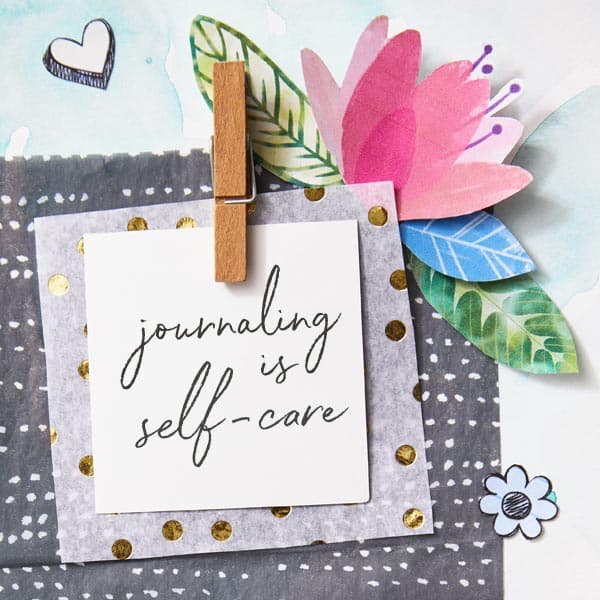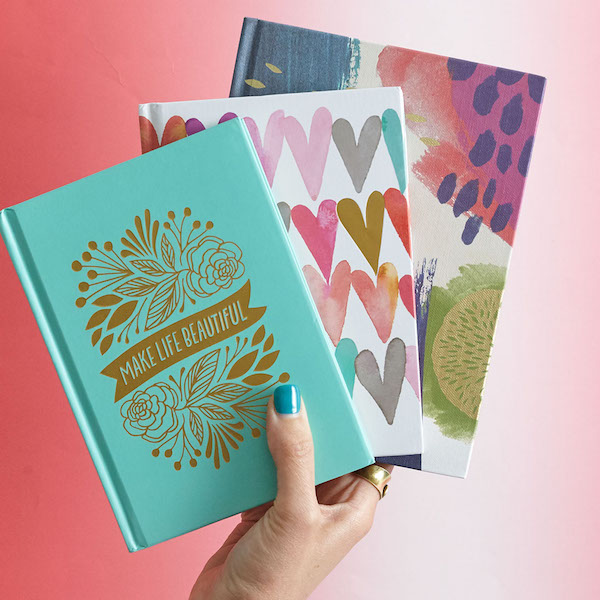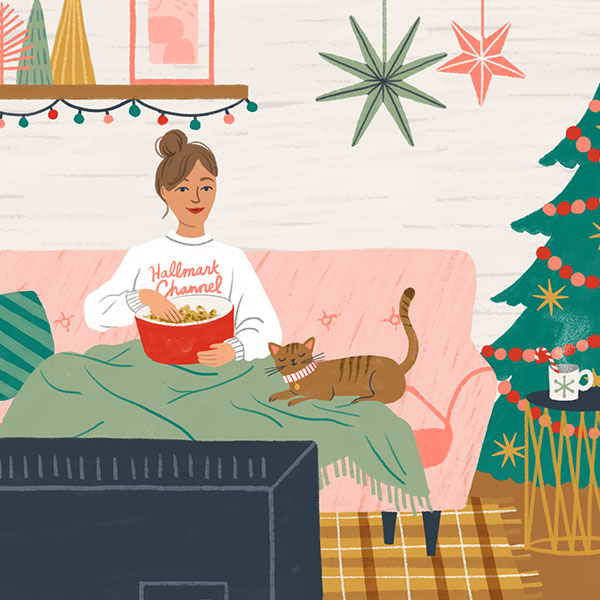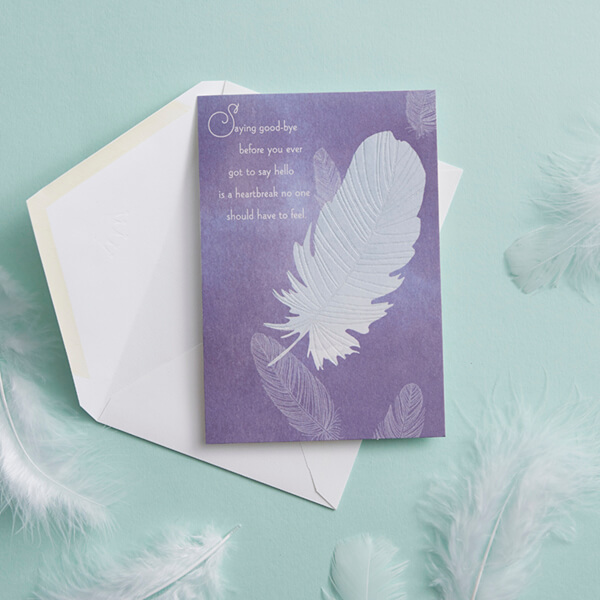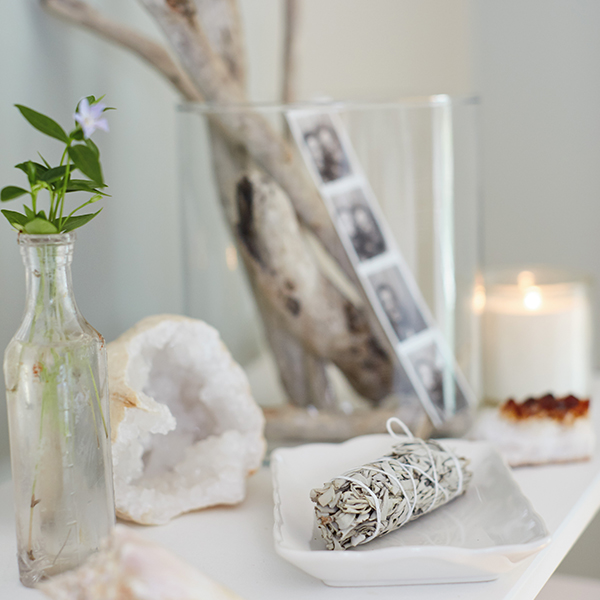How to survive a friendship breakup
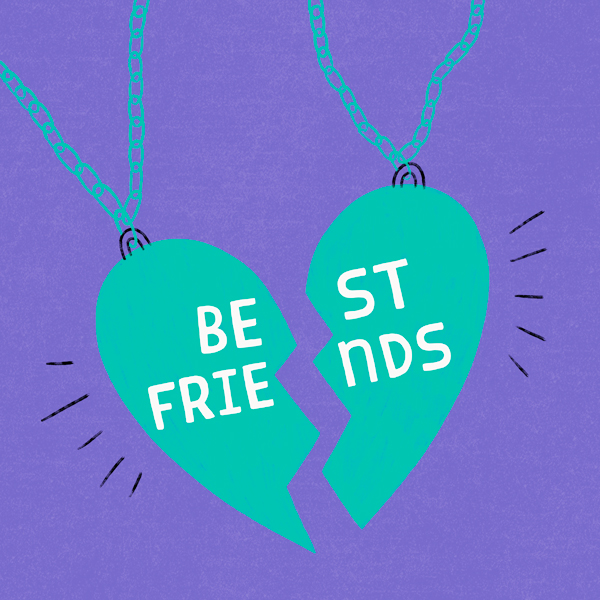
There are a few things that I dreamed of having more than anything as a kid—like a golden retriever, my own room, mermaid abilities and those light-up Twinkle Toes shoes (honestly, I still kinda want those). But above all, I wanted a best friend. To me, it seemed like the ultimate form of love—matching friendship bracelets, a secret handshake, inside jokes.
Unfortunately, none of my best-friend-forever fantasies included getting through a friendship breakup. Plus, when I eventually broke up with my best friend, I struggled to find support on how to cope. There are seemingly millions of resources for dealing with a romantic breakup but surprisingly less advice on (or even acknowledgment of) friendship breakups.
So, whether you’re currently wondering how to get over a friendship breakup, considering initiating one or simply reflecting on a past fallout, I’m sharing some of the things that helped me through the loss of my best friend.
Inspired? Create and share by tagging @HallmarkStores.
What causes a friendship breakup?
Before we jump into how to navigate one, you might be wondering what caused the split in the first place. There are a lot of reasons a friendship breakup happens, many of which aren’t from some huge, dramatic fight or one definitive moment. These might include:
- You feel like an outdated version of yourself around them. This can be especially tough if you’ve known the friend for a long time. You might be ready to end old habits and present a new version of yourself, whether that’s in your physical appearance or actions. Unfortunately, an old friend might find it hard to accept these changes and encourage you to revert to their version of normal—which definitely isn’t a sign of a lasting friendship.
- You start to feel worse after hanging out with them. You know that feeling when you’re surrounded by people you love and feel giddy? The world seems lighter, you’re laughing, you feel GOOD. That’s how you should feel around your friends. If every time you hang out you wish you’d just stayed home or somehow leave feeling not so great about yourself, it might be time to reevaluate the friendship.
- The connection is gone. You used to be able to talk for hours or sit in comfortable silence. But the ease in the relationship is gone—you start to walk on eggshells around them, overanalyze your actions and feel generally awkward around them. When you see each other, it feels like there’s simply nothing there. Sometimes, close connections can just fizzle out.
- Distance has strained the relationship. Long distance can put a strain on even the strongest friendships. Months without seeing a friend can turn into years, and suddenly you feel like strangers. You get busy with life and the friendship just sorta shrinks away.
- An unresolved issue or argument. You’ve tried to communicate and work it out, but you just can’t agree to disagree on this one.
- You aren’t compatible anymore. Maybe you both originally bonded over a shared interest or where you were in life at the time. But now, you never seem to be on the same page, and your lifestyles don’t align anymore.
- Many other totally valid reasons.
Do’s and don’ts after a friendship breakup
So, it’s official. You’re not in the weird gray area anymore—you’ve had the talk and the friendship is over. Here are some tips to manage the grieving process:
Do reach out for support. We all know that scene in a rom-com where the main character is comforted by supportive friends after a breakup. Maybe it’s a night out on the town for drinks and dancing. Maybe it’s staying in to cry and eat takeout. No matter how you choose to do it, this is the time to lean on the people who love you. It can ease the pain of the heartbreak and help you feel less alone.
Don’t trash them to mutual friends. Bad-mouthing your ex-friend to others—especially people who know both of you—is not the same as venting or wanting support. If there’s some lingering anger or resentment after the split, there are other ways to process (see below). But saying cruel things about them, even if you feel justified, will only make the fallout worse. Those words might get back to them or make you feel icky later. It’s best to just avoid trash talk and focus on positive support from others.
Do stay away from their social media accounts. It can be tempting to spy on your ex-friend and see how they’re holding up, but this might cause more harm than good right after the breakup. Seeing them hanging out with other friends or bonding with a new bestie might sting, so consider staying off their accounts for a while.
Don’t pretend you don’t care. I have a tonnn of experience with this one. When I broke up with my best friend, I downplayed how much the situation actually hurt me. I kept telling myself it was for the best, there’s plenty of best-friend-worthy fish in the sea and that it’s just a part of life. However, my heart told a different story. I knew I cared when I fought the urge to text her on her birthday and secretly anticipated her texting me on mine. I knew I cared when I didn’t delete any pictures of us from my photo gallery, even years after our breakup. To be honest, I still care. I’ll admit, it’s not as intense as it used to be. But it is still there.
Do appreciate the good times. With every bad memory of our friendship, I remember lots of positive ones, too: Sleepovers filled with scary movies and late-night giggles. After-school snack runs to 7-Eleven. Hours spent at the mall together trying on homecoming dresses and too-high heels. As time goes on, I can remember our friendship with joy and tenderness—not anger, resentment or such deep sadness (only a little bit of that last one).
If you ask me, admitting that you miss someone who was once a major part of your life doesn’t make you weak nor does it mean that you need the friendship back. I’d say it means you’re a caring human with feelings, coping with the fact that you lost someone you once loved.
Finding closure after a friendship breakup
After some time has passed, all the questions, doubt and insecurities might start rolling in. Should I have ended the friendship? Should I have fought harder? Did I make a mistake? What if it was all my fault?
One way to ease some of these concerns is to find a way to grant yourself closure. This isn’t a magic eraser that will make all lingering feelings go away, but it can help you process and accept the breakup. You can write a message in a notes app, open your voice memos and vent or write a letter (my personal favorite…there’s something therapeutic about a pen and paper!).
Here are a few thought starters/things to reflect on regarding your friendship breakup:
- What did I love about them?
- What were my favorite memories with them?
- What’s a positive way they shaped me?
- What’s something I can learn from the friendship?
- Is there anything I need to forgive them for?
- Is there anything I need to forgive myself for?
- Am I still holding hurt or resentment for anything?
- What’s one positive wish I have for them?
Ultimately, friendship breakups cause a unique type of pain. Promises to be in each other’s wedding party turn into memories with a distant stranger. BFF bracelets get discarded, and things that once seemed so special between the two of you lose their magic.
However, some advice from my therapist offered me a bit of consolation after breaking up with my best friend—sometimes, it’s OK to move forward instead of trying to move on from something. Instead of forcing yourself to forget that person and all the memories you share (which is practically impossible), consider moving forward with your life while allowing them to keep a place in your heart. You can still miss and love them from afar without pressuring yourself to move on.
If you’re currently going through a friendship breakup, I hope this helped you make peace with the end of the relationship. The heartbreak of losing a friend is just as difficult as any other loss, and the healing process is certainly not linear. It’s OK to think about them sometimes, whether that’s during the big moments like birthdays and holidays or small ones like hearing their favorite song on the radio.
As time passes, the space they leave behind may not seem so empty and painful. It just might transform into something lighter, filled with quiet love and appreciation for the person you used to know.
Shop Friends
See allYou may also like
See more-
Care & Concern Be more caring with a kindness journal
It's obvious the world could use more kindness. So this year, why not make "be more caring" your number one resolutio...
-
Lifestyle 50 mindfulness journal prompts
So you’ve found the perfect journal and you’ve got your favorite pen handy. Wondering where to begin? Don’t worry. If...
-
Sympathy How to support a grieving friend
Advice on how to support a grieving friend, directly from people who went through it. Get ideas to show you care here.
-
Sympathy Sympathy gift ideas for offering your condolences and support
Many times, we don’t know what to say after a loss. It can be difficult to determine what will comfort a hurting frie...
-
Sympathy 75+ grief quotes to give you comfort and help you heal
Grieving the loss of a loved one feels different for everyone, and there’s no telling what will bring comfort on a ha...
-
Valentine's Day Ways to find comfort and hope when you’re grieving on Valentine’s Day (or support someone who is)
Grief is always hard, but especially on Valentine’s Day. From social media to stores to kids’ classrooms, it can feel...
-
Valentine's Day How to survive Valentine’s Day after a divorce or breakup
We know that ending a relationship can be extremely heartbreaking. It’s a very significant loss, and when Valentine’s...
-
Lifestyle Self-care quotes - because you deserve them
Self-care is trending these days, but the idea is not new. You hear it at the beginning of every big journey...
-
Mother's Day Mother's Day without Mom: Remembering lost loved ones with new traditions
This Mother’s Day will be my third without my mom. She died just before Thanksgiving and Christmas in 2020, which mad...
-
Lifestyle How to Write an Obituary: What to Say About the Life of a Loved One
Summarizing a loved one’s life can feel like an impossible task, especially when you’re grieving. It’s even more chal...
-
Card Ideas What to Say When Someone Loses a Pet
My first cat died when I was 8 years old. His name was Barnabus—after the soap opera vampire—and he was a handsome bl...
-
Christmas A Christmas tribute: meaningful ways to weave memories of lost loved ones into new holiday traditions
For many of us, Christmas is the time of year when we miss our lost loved ones the most. Finding ways to memoriali...
-
Lifestyle 30+ Self-Care Journal Prompts
As a writer, journaling is pretty much my go-to self-care tool. When I need to check in with myself, scribble down so...
-
Sympathy Sympathy messages: What to write in a sympathy card
Signing a sympathy card isn’t easy. We search for words. We wonder what would be comforting to hear. We worry about s...
-
Sympathy Grief and the holidays: Supporting friends through difficult days
Many of our favorite holiday memories include family members and our closest friends. So it’s no surprise that people...
-
Lifestyle Journaling Ideas for Self-Care
I bought my very first journal when I was nine. My mom had to lend me the 23 cents I was short. I know this because I...
-
Lifestyle How to journal: 5 reasons, 3 ways, and 9+ styles
Start journaling today with our easy guide on how and why to journal
-
Christmas The Best Way to Watch Christmas Movies: Create a Me-Time Marathon
Many holiday activities require planning ahead. And once we pencil in family time, parties, special meals, school eve...
-
Baby What to Say When a Friend Loses a Baby: Messages of Love and Support
Losing a baby, no matter how it happens—or how early in the pregnancy—is devastating. It’s a time of sadness when ...
-
Sympathy How to Grieve Together When You Can’t Be Together
When someone has died, our first instinct is to rally around the family and friends closest to the deceased, offer...

